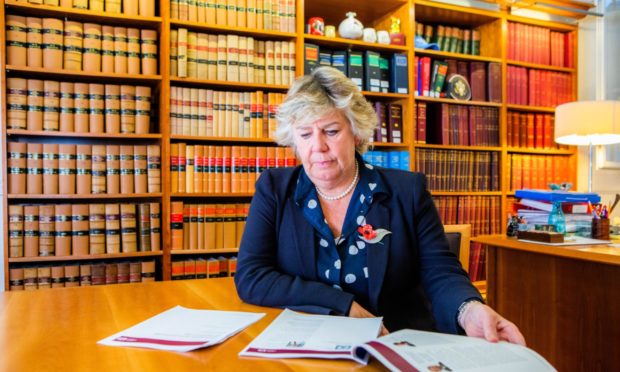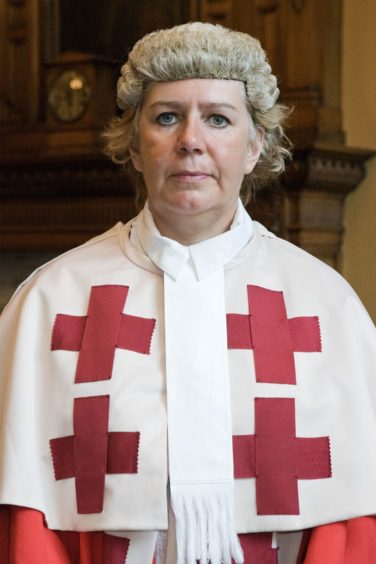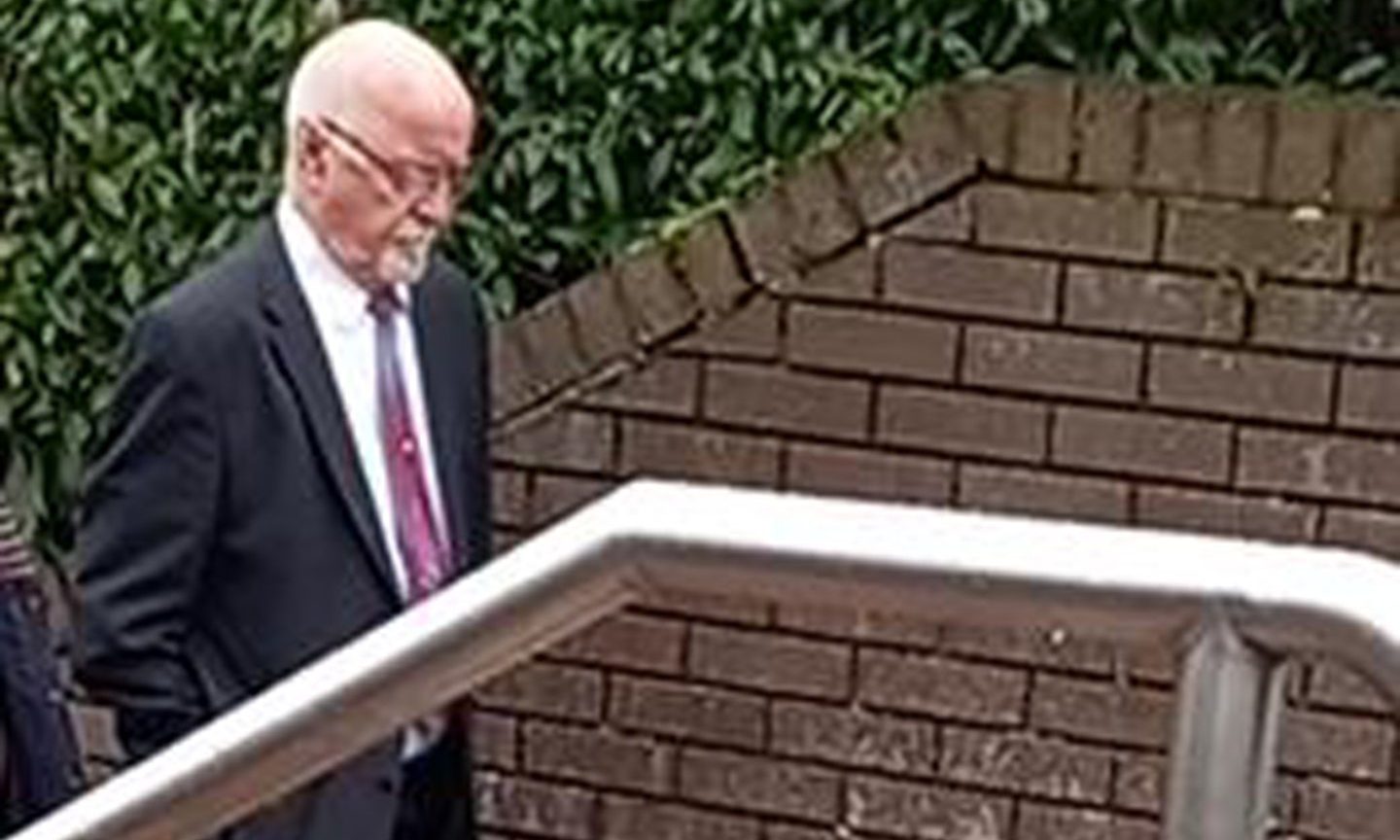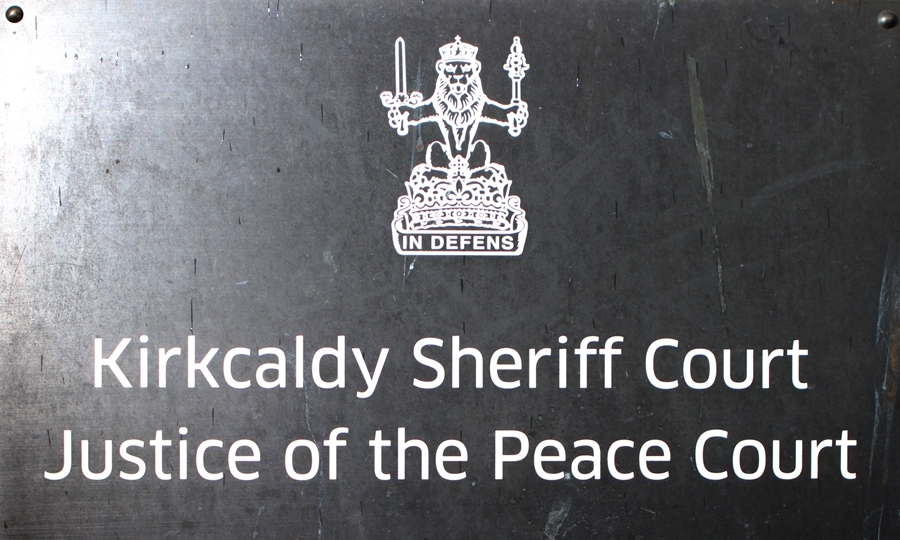Appeal judges have rejected a prosecution plea for a guideline judgement on sentencing in rape cases.
The Crown maintained such a judgement was urgently needed as it appealed sentences handed out to three rapists, claiming they were unduly lenient.
However, judges at the Court of Criminal Appeal in Edinburgh ruled the Crown has not identified “a pressing problem” over sentencing and the Scottish Sentencing Council (SSC) has already begun work in the area.
The Lord Justice Clerk, Lady Dorrian said: “The Crown has markedly failed to analyse trends and patterns in rape sentences, to categorise cases in a rational format, or to set out meaningful conclusions on sentencing practise in this jurisdiction.
“The scope, content and terms of the guidance sought by the Crown have not been made clear.”
The senior judge said material available did not support the argument sentencing in Scotland was significantly out of line with other jurisdictions, such as England, Wales or Ireland.
She said: “It does not support the submission that there is an urgent need for a guideline judgement pending the production of guidelines by the SSC.”
Lady Dorrian said previous work done showed the overwhelming number of those convicted of rape received jail sentences – “a significantly higher proportion than for any other offence”.
No ‘pressing problem’
In 2018-19, 88% those convicted received more than four years imprisonment and sentences of 10 years or more typically had aggravating features such as the rape of children, multiple rapes and abuse of trust.
The senior judge said: “The true position is that the Scottish courts have extensive experience and collective knowledge of sentencing for this very commonly encountered offence.
“The Crown has not identified a pressing problem in sentencing terms.
“The Scottish Sentencing Council has commenced work on guidelines in relation to rape and may be expected to consult on a draft guideline next year.
“If there is to be any recalibration of sentencing in this area, the Council is in a far stronger position than the court to engage in a robust comparative analysis drawing on appropriate methodology and scholarship.
“It is also in a position to conduct meaningful public consultation so as to provide a proper evidence base for its recommendations to the court.
“This is an important step in the process.
“Any guidance which it produces is liable to be more reflective of society’s views than a single court judgement informed by a few cases, and to be based on actual research and consultation rather than impressionistic assessment.”
Two successful appeals
The Lord Advocate, Dorothy Bain KC, had brought three Crown appeals against sentences imposed by High Court judges where the offenders had used violence in multiple attacks on women.
Lady Dorrian, sitting with Lord Pentland and Lord Matthews agreed two of the offenders sentences should be increased because of their leniency.
For the latest court cases across Tayside and Fife, join our dedicated Facebook page.











